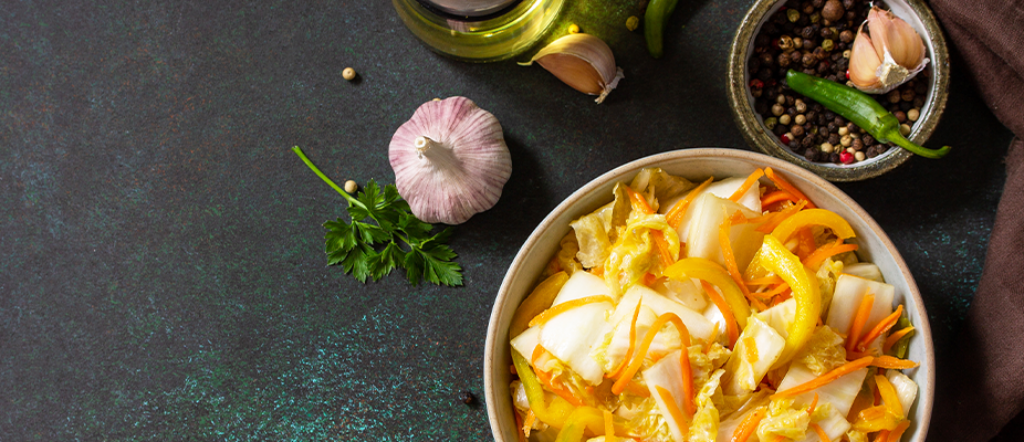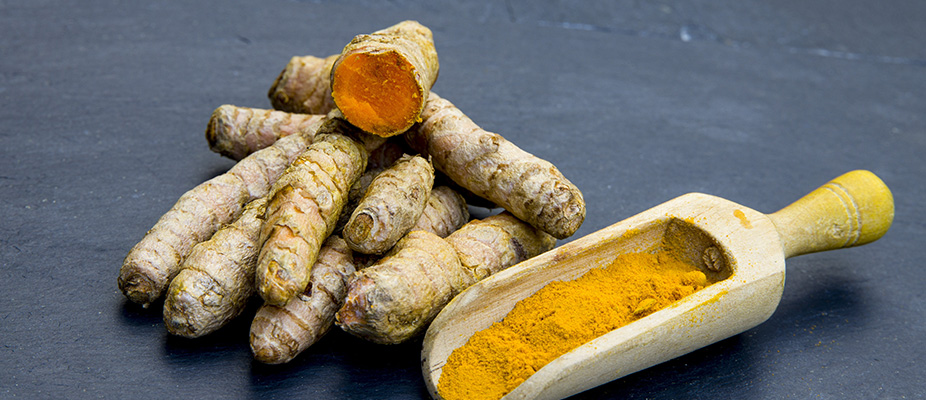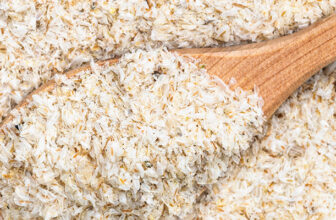
Introduction
Kimchi is one of the most popular foods in Korea. It’s made from vegetables, spices and fish sauce, and it’s often eaten with every meal. But did you know that kimchi has also been used as a home remedy for decades? In fact, there are specific types of kimchi that are known to cure indigestion and nausea. Here’s everything you need to know about this traditional Korean dish—and its secret healing powers:
Kimchi is Korea’s national food, and they eat it with every meal.
Kimchi is a traditional Korean dish and one of the most popular foods in Korea. It’s made with cabbage, red pepper, green onion and garlic. Kimchi is fermented for several days before it’s consumed so that the flavors can develop and mature.
Korean people typically eat kimchi at every meal; they even serve it with rice! If you’re not used to eating spicy food or tasting different flavors in each bite, then you’re going to have a hard time getting into this dish right away. But if you give it some time and keep trying new things then you’ll get used to its unique taste quickly enough!
Kimchi was invented out of necessity.
But there’s one thing it does have in common with many other fermented foods: a great deal of health benefits. That’s because the process of fermentation breaks down certain types of carbohydrates and increases their amounts of vitamins, minerals, phytochemicals and other nutrients. In fact, there are several studies showing that fermented foods have positive effects on digestion and overall health.
Kimchi is a traditional Korean food made from salted napa cabbage (or Asian radish) mixed with hot pepper paste or powder and spices such as green onions and garlic. Since various ingredients are added to kimchi depending on region or personal taste, its taste can vary greatly—from mild to spicy hot. But despite its flavor variations, kimchi has been endorsed by Korean doctors as an effective treatment for stomach ailments including indigestion since ancient times when they were documented in literature known as “Samguk Sagi.”

The locals took advantage of local ingredients to create something special.
The locals took advantage of local ingredients to create something special. Kimchi is a national dish of Korea, originating in the country’s southern region. It’s made with cabbage, garlic, ginger and fish or shrimp brine—and contains probiotics that help to improve digestion.
The first kimchi in history was made with salted fish.
The first kimchi in history was made with salted fish. This isn’t the most appetizing combination in hindsight, but it is important to note that salted fish was a staple food in Korea at the time and is also a good source of protein. In addition, our ancestors knew how to preserve their food for days on end without refrigeration; this meant that even if you didn’t catch any animals or fish during your hunt or fishing trip, you would still have some form of sustenance available for you when you returned home.
Kimchi is packed with healthy bacteria.
Not only does kimchi contain healthy bacteria, but these probiotics have been shown to have all sorts of benefits for our digestive health. Probiotics help to prevent diarrhea, constipation and irritable bowel syndrome as well as aiding in the treatment of Crohn’s Disease, ulcerative colitis and pouchitis. In addition to preventing gastrointestinal issues, they may even protect against certain cancers (1).
Kimchi is just one example of a fermented food that contains probiotics; other examples include pickles (especially those made with sauerkraut), kombucha tea and miso soup
Kimchi can be the perfect cure to an upset stomach!
Kimchi is a fermented food, which means it contains probiotics that help with digestion. In addition to kimchi, other fermented foods include miso, sauerkraut and pickles (especially brined pickles). If you’ve ever had a bad experience with Korean food because your stomach was upset after eating it, this may be one of the reasons why!
The fermentation process used in making kimchi creates lactic acid bacteria that helps break down proteins in your body so they can be more easily digested. Kimchi also has high levels of vitamin C and B vitamins (both are antioxidants), which improve digestive function by improving the absorption of minerals like calcium and iron as well as aiding digestion itself. This combination makes kimchi an excellent source for those who suffer from indigestion or heartburn due to a lack of proper nutrient absorption!
Conclusion
We hope that this article has helped you understand how kimchi can be used to cure indigestion. If you want to learn more about Korean food, check out our website!








